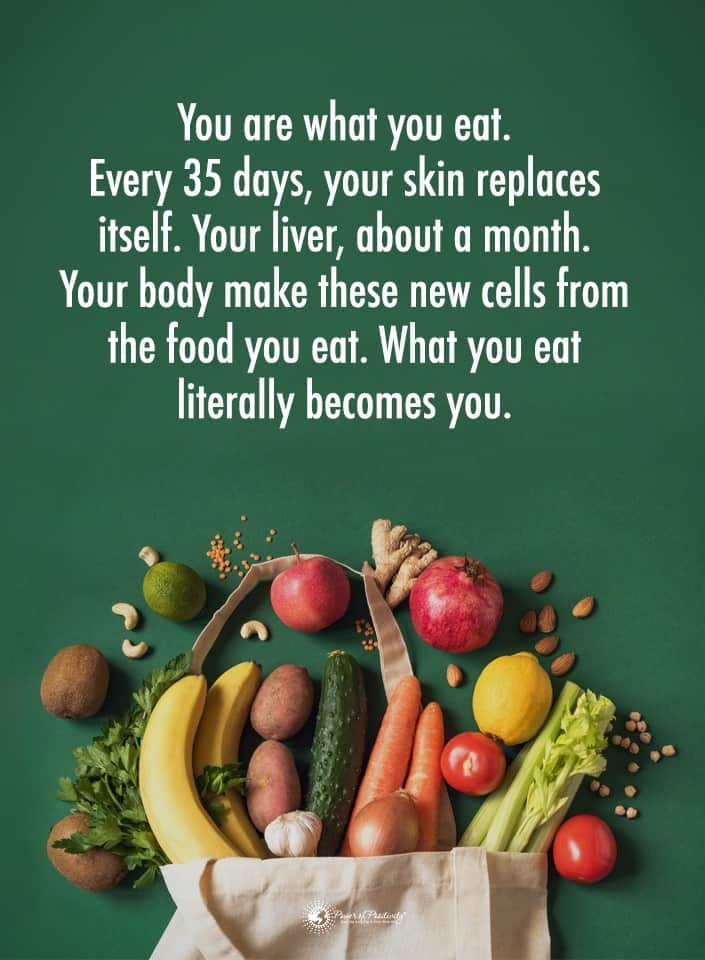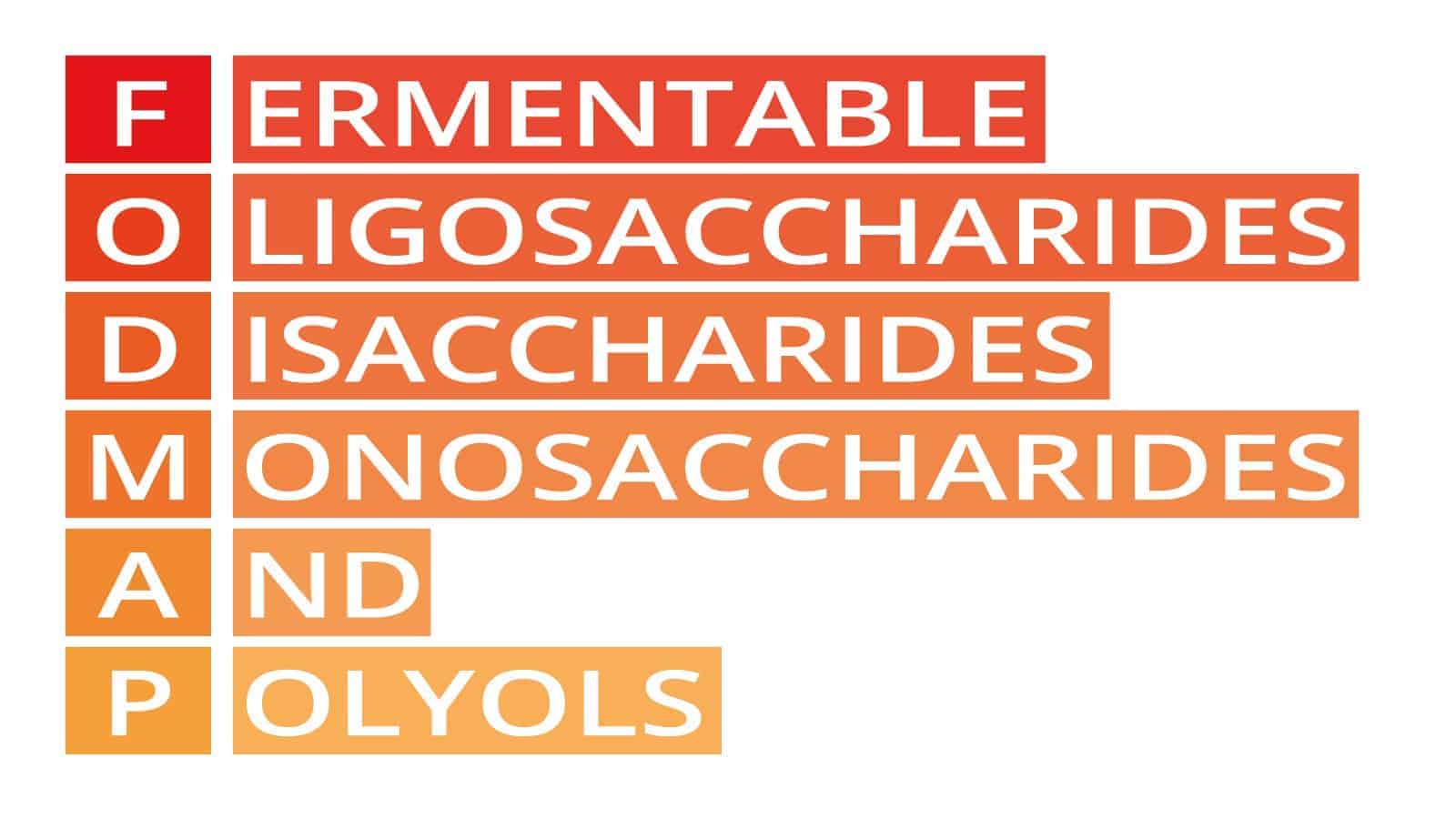A FODMAP diet can be life-changing for a person who has irritable bowel syndrome.
Does this situation sound familiar? You’re on a date night with your partner at your favorite restaurant. Instead of being mesmerized by the romantic ambiance, you’re hanging out in a bathroom stall trying to calm a sudden IBS attack.
As many as 7-10 percent of Americans are diagnosed with IBS, with one out of three being men. Once you know more about this syndrome, you can make an informed decision with your healthcare provider about treatment. One of these treatment suggestions may be the FODMAP diet.
What Is IBS?
Maybe you’ve heard it called spastic colitis, spastic or irritated colon. These are other names for a common digestive tract issue called irritable bowel syndrome, or IBS. It’s not to be confused with IBD, which is an inflammation of the bowels that presents differently.
If you have endured the exhausting symptoms of IBS, you know that it’s not a condition to take lightly. Each person’s symptoms may be different as far as duration and severity. Typically, IBS problems presents at least three times during the month or maybe even more.
Signs and Symptoms of IBS
Since these signs and symptoms may be common in other gastrointestinal conditions, your primary healthcare provider will order tests to see if you have IBS or something else. However, even though IBS rarely causes internal damage or increases your risk of cancer, it is often painful and can damage your daily living activities.
Talk to your primary healthcare provider if you notice one or more of these signs and symptoms:
- Chronic pain in your abdomen
- Cramps
- Bloating and gas
- Diarrhea
- Constipation
- A change in bowel habits
- Unusual stools that have mucus
- Nausea after meals
- Frequent urges to go to the bathroom
- Heartburn and indigestion
- Unexplained pain in the lower back
If you have a sensitive digestive system, these may be familiar symptoms. However, if these are chronic problems, you should seek medical attention. Frequently with IBS, the symptoms will resolve as soon as your bowels move, but not always
How Do Doctors Diagnose Irritable Bowel Syndrome?
If you have some or all these symptoms, your healthcare provider may suspect IBS. First, other conditions with similar signs and symptoms must be ruled out. These are some of the tests that doctors will conduct for a correct diagnosis:
- Blood tests for celiac disease or anemia
- Stool sample: To detect blood or infection
- Trial diet: To see if you have a food allergy
Treatment for IBS
• Medication
Currently, there are no cures for irritable bowel syndrome. All your healthcare provider or specialist can do is prescribe medication or suggest supplements to minimize the symptoms. Many over-the-counter medications may ease issues, but some can exacerbate the problem.
• Diet
Once you’ve received an official diagnosis of IBS, your healthcare provider or specialist will partner with you to develop an IBS diet plan tailored to your needs. After keeping a food diary for a week or so, you may discover foods or beverages that trigger symptoms. Everyone’s digestive system is different, so it may take some trial and error to find those things you must avoid.
What Is the FODMAP Diet?
While everyone tolerates food differently, some foods have ingredients that will usually trigger painful IBS symptoms. FODMAP is an acronym for these food ingredients or compounds:
- Fermentable Oligosaccharides
- Disaccharides
- Monosaccharides
- Polyols
These intimidating terms are just forms of sugar and short-chain carbohydrates that are found in many common foods. A registered dietician named Sue Shepard studied the effects of these ingredients on her IBS patients and how many symptoms improved when they avoided foods with the ingredients. Shepard joined Dr. Peter Gibson and published the results of their studies in 2005, called the FODMAP diet.
The premise of this novel IBS treatment is to identify those foods with high FODMAP content and try to eliminate them from your diet. Additionally, you will opt for nutritious foods with a low FODMAP content and build your eating plan around them. The FODMAP program is usually introduced in three stages.
Stage 1: Trial Elimination
In Stage 1, you will be avoiding a list of High FODMAP foods that are well-known IBS culprits. This stage will usually last two to six weeks, or according to your healthcare specialist’s recommendations. These triggers include:
- Onions
- Garlic
- Some fruits: Apples, cherries, pears, plums, peaches, figs, nectarines, watermelon
- Some vegetables: High sulfur veggies like cabbage, Brussels sprouts, broccoli, and cauliflower.
- Most beans and legumes: These food groups are notorious for causing bloating and gas
- Honey and Agave
- Artificial sweeteners
- Dairy
- Wheat
- Most teas and alcohol
- Most spicy foods
This is not an exhaustive list, and your registered dietician may help you identify others. It’s difficult to eliminate foods that you enjoy. However, the second stage of the diet can help you decide which foods you can tolerate.
Stage 2: Reintroduction
Once you’ve eliminated the common food culprits from your diet for a few weeks, you will probably notice a reduction in your IBS symptoms, and some may have disappeared. To identify your specific trigger foods, your dietician or healthcare specialist will request that you slowly reintroduce foods that you avoided. When you eat or drink something that fires up your gut again, you can mark it as a trigger food.
In the FODMAP diet, you are asked to introduce each trigger food one at a time in three-day intervals. When you finalize your elimination list, realize that you will probably need to avoid these foods for life to stay symptom-free. As you get older, you may realize other foods may be symptomatic, and you can eliminate them as needed.
Stage 3: Eating for Life
The good news is that you still have a bounty of food choices left that will create delicious, nutritious meals. Thankfully, you’re not limited to bland, boring shakes, or expensive meal replacements. You can still eat at your favorite restaurants and choose what you want to eat at the family dinner table.
Many health and nutrition experts recommend meals centered around these Low FODMAP foods for their IBS patients:
- Lean meats (chicken, fish) and eggs
- Plant-based milk, such as almond or rice milk
- Low FODMAP cheeses like feta, brie, or cheddar
- Whole Grains (except wheat) like steel-cut oats, rice, or quinoa
- Organic vegetables like tomatoes, cucumbers, zucchini, potatoes, or eggplants
- High glucose/Low FODMAP organic fruit like blueberries, strawberries, grapes, pineapples, or oranges
The Importance of Exercise in IBS Treatment
As part of your holistic FODMAP diet plan for IBS, your healthcare specialist may refer you to a professional fitness expert for exercises that can help reduce your symptoms. Another benefit of this diet and exercise is that you will probably lose weight and gain a slim, toned body.
• Yoga
There’s a reason that this ancient Hindu exercise and philosophy has endured for thousands of years. It focuses on gentle movement and poses that tone your body and stimulate your internal organs, including your digestive system. You should consult a certified and experienced yoga instructor about poses that can help relieve IBS’s painful gas and bloating.
• Take a Walk
Do you want a fun and easy way to exercise and minimize your IBS symptoms? Walking is a low-impact exercise that may unblock your constipated colon or soothe your cramping stomach. As you walk at a steady pace, practice mindful breathing to flood your body with vital oxygen.
• Swimming
You’ve probably heard that swimming is the ultimate exercise because it involves your entire body. The density of water supports your body and makes you feel almost weightless. Swimming can also encourage your brain to release endorphins, which are your body’s natural pain relievers.
 Final Thoughts: Combine a FODMAP Diet Therapy and Stress Management for Maximum Healing of Your IBS
Final Thoughts: Combine a FODMAP Diet Therapy and Stress Management for Maximum Healing of Your IBS
If you are diagnosed with irritable bowel syndrome, you might find that stress also triggers painful symptoms. Even when it’s a common stressor like speaking in public or talking to your boss about a raise, several races to the bathroom may be inevitable. Even when you manage your IBS symptoms well with the FODMAP diet, your symptoms may go haywire when you are overly stressed.
Your brain is hardwired with the fight, flight, freeze, or faint response when it perceives danger. It immediately signals your spleen and adrenal glands to secrete hormones in your body for instant, life-saving actions. Additionally, when you’re chronically stressed, your body stays overwhelmed with adrenaline and cortisol, which can lead to severe disorders or premature death overtime.
You should consider talking to a certified therapist about ways you can effectively reduce stress in your life, which can also benefit your IBS symptoms. Cognitive behavior therapy and talk therapy are standard tools therapists to work with their clients on stress reduction and other mental health issues.
Thankfully, you can have an IBS diagnosis while still living a full life. Promising treatments like the FODMAP diet may be what you need to reduce the severity and duration of your symptoms. The diet’s fringe benefits may include a thinner waistline and a healthier outlook.



















